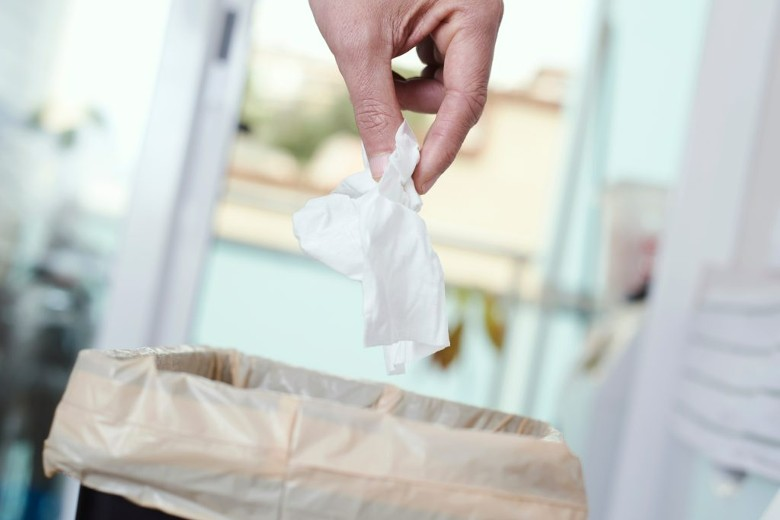
A consultation on banning wet wipes containing plastic across the UK has been launched by the Government as a means to tackle plastic pollution and clean up waterways.
WET WIPES
The consultation said wet wipes containing plastic broke down into microplastics that could be harmful to the environment and human health. It said alternatives to such wet wipes existed and many major brands had removed plastic products.
Environment secretary Thérèse Coffey said: “Wet wipes containing plastic are unnecessary and are polluting our environment.”
The Government said wet wipes contributed to 94% of sewer blockages, and that guidance on packaging such as ‘fine to flush’ may encourage consumers to dispose of wipes down toilets rather than disposing of them responsibly in a bin.
While campaign groups have said the ban is long overdue, the wet wipes industry has launched a counter-attack on the proposals.
Trade association EDANA’s communication director Gloria Jaconelli said: “Wet wipes perform vital hygiene and cleanliness functions for many parents, families, carers, the NHS and businesses. Notably, wipes played a crucial role in sanitising surfaces during the pandemic to protect citizens from Covid-19.”
Jaconelli said she wanted to “debunk some of the myths” about wet wipes and the capacity of the sewerage systems.
She said more than 70% of consumer wet wipes on sale in the UK were plastic-free and that while non-flushable wet wipes were found in sewer blockages, they were not the primary cause of them. It was more likely that wipes became entangled with blockages caused by discarded fats, oils and grease.
Wet wipes might appear in sewer overflows but did not themselves cause these, she said.
Jaconelli said plastic could be vital in ensuring disinfectant, antiviral and hygiene functions in certain wet wipes used by the NHS and other medical, social, care, professional and industrial settings.
An EDANA working group has recommended mandatory ‘do not flush’ labelling for non-flushable wipes and the use of a recognised specification for flushable wipes. It also wants an exemption for wet wipes used in medical, social, care and industrial settings.
The industry is seeking time to adapt to 100% plastic-free alternatives and to sell existing stocks to avoid them being discarded as waste.
EDANA said any restrictions on plastic in wet wipes must be introduced at the same time and in the same manner across the whole of the UK because an England-only ban would create an anomaly where English manufacturers cannot sell consumer plastic-containing wet wipes in England, but Scottish and Welsh manufacturers can.
Repost:MRW NEWS BY MARK SMULIAN
